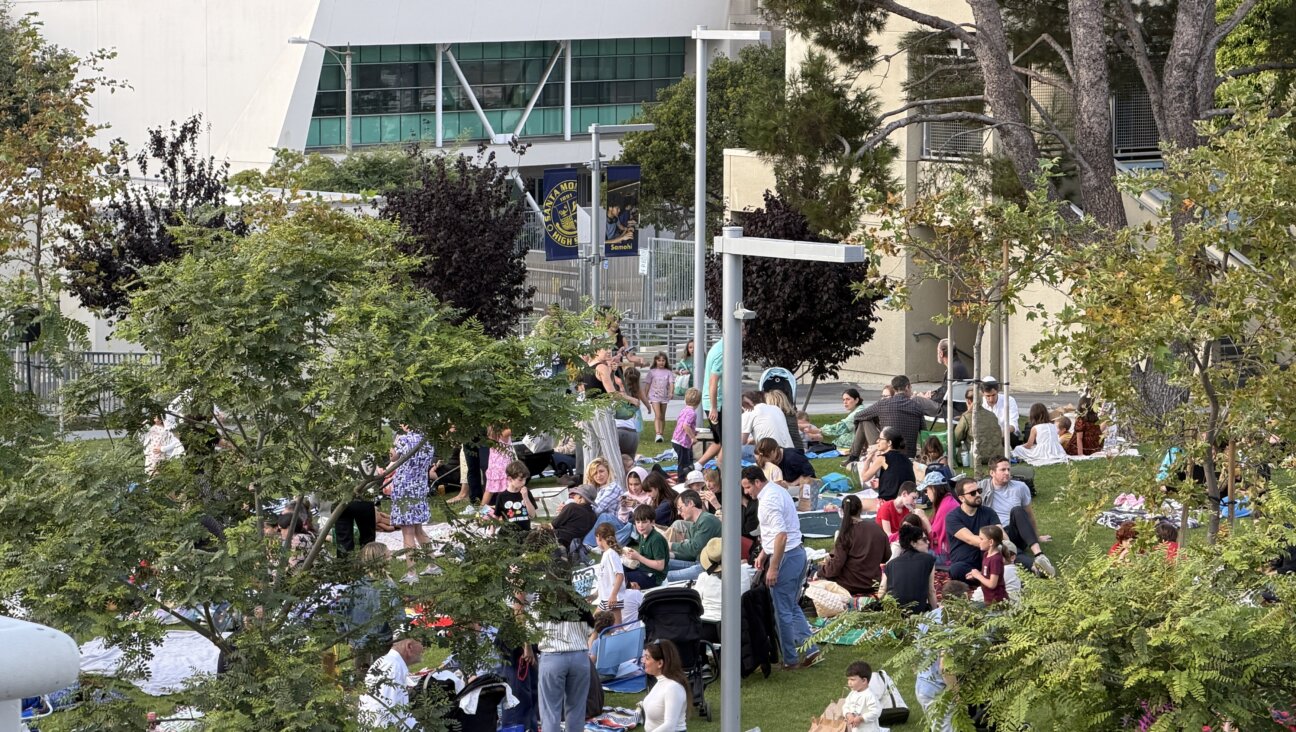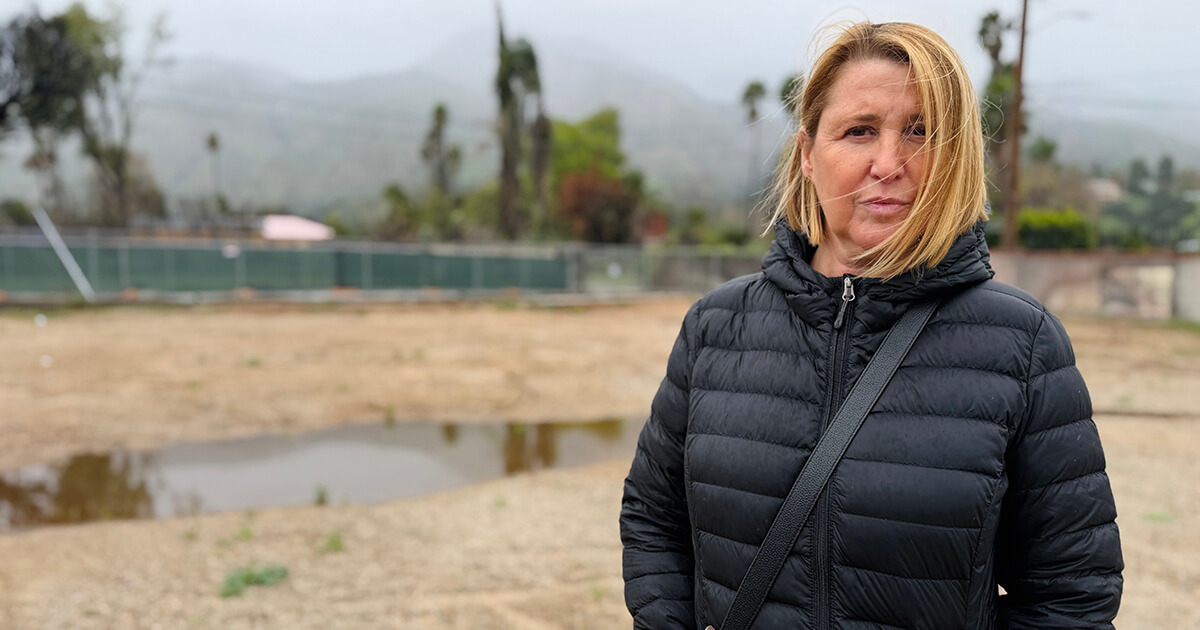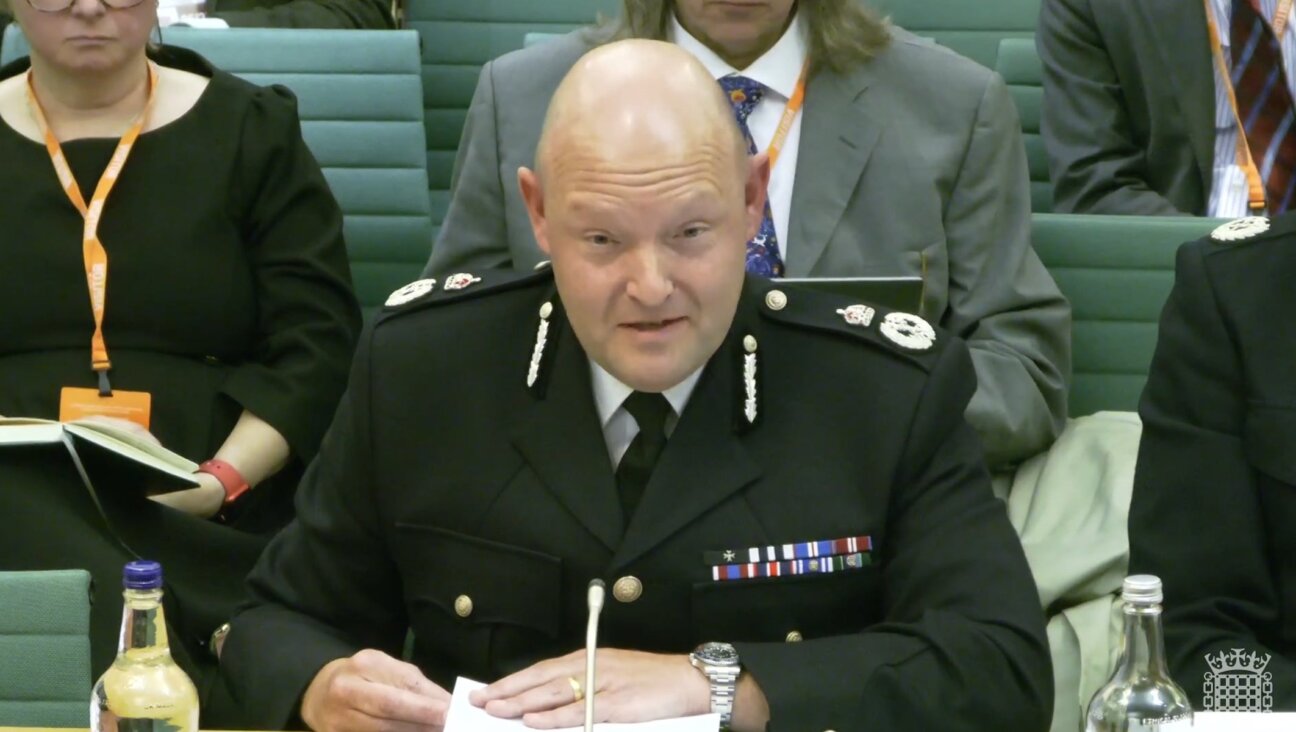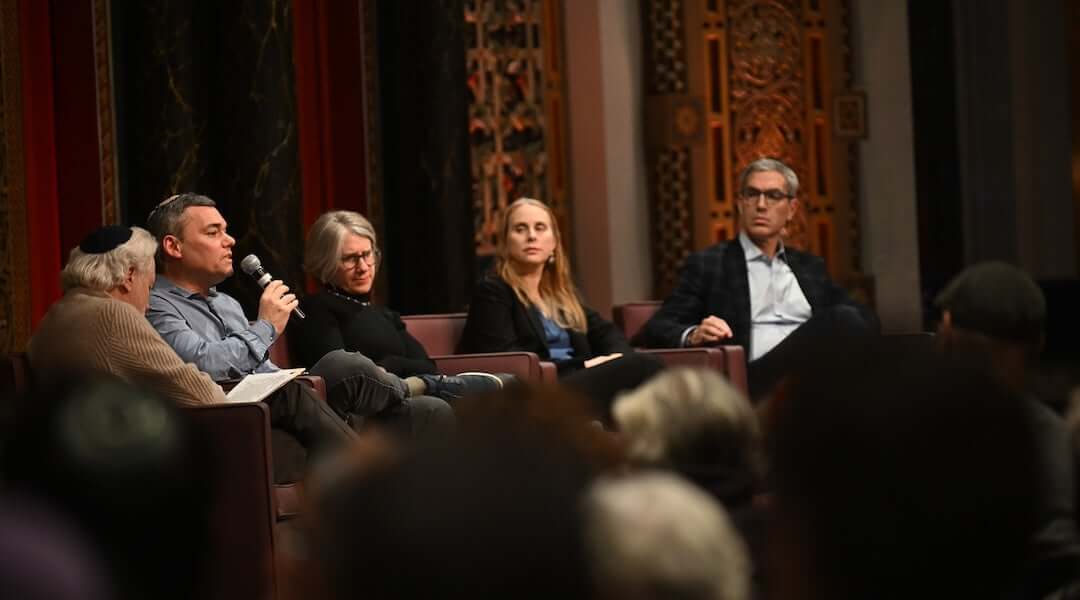Russian Politics as Usual, With Putin’s Grasp Firm
LONDON — There was a time not too long ago that Russia was famous for its instability. Observers joked that if President Boris Yeltsin lived long enough everyone would get a crack at being prime minister.
President Vladimir Putin came to power in 2000 promising to change all that, to make life predictable again for Russians. In this, judging from this month’s parliamentary elections, he has succeeded.
The results matched early predictions, with Putin tightening his already-strong grip on politics in the country. His party, Unified Russia, will control some 49% of the seats in the State Duma. Together with allies, the Kremlin can count on a 66% majority, enough to rewrite the constitution unilaterally. And Putin is expected to be re-elected easily in March.
For some, though, the results are alarming. The biggest winners were nationalists, allied to Putin, who backed his crude campaign against business tycoons. Turnout was high among the disgruntled. Urban intellectuals, who benefited most from post-Soviet reforms and vote liberal, mostly stayed home.
“Of course, a lot of people are not happy with the results,” said the president of the Russian Jewish Congress, Evgeny Satanovsky. “Myself, I can’t say that I’m thrilled when I look at the new makeup of the Duma. There were a lot of surprises, but we learn to live with surprises. The danger arises when this nationalism gets out of control, when the higher powers are unable to rein it in. So far, there is no sign that the Kremlin’s grip on the nationalists is weakening.”
Turnout was 54%, enough to validate the elections, but still Russia’s lowest post-Soviet turnout to date. A poll of 8,307 listeners by Echo of Moscow Radio on Monday showed that 82.2% were unhappy with Sunday’s results. For now, though, all is quiet on Red Square.
After only 12 years of democracy, Russians have already learned the American art of apathy. One vote doesn’t matter, they figure. And, anyway, those politicians are all the same.
Now, of course, they’re right. All the politicians who weren’t “the same” are out of office. A parliament that was once just impotent is now irrelevant. Putin will continue to do whatever he pleases, and as long as oil revenues keep the economy growing, that’s likely to be fine by most Russians.
Not only did the predictable happen in the December 7 elections, it happened in predictable ways. Russian television covered no one but Unified Russia. A new party, Homeland, which everyone assumes is tied to the Kremlin, went from 0% to 8% of the Duma in a matter of months, just like Unity (Unified Russia’s predecessor) did in the 1999 elections. Moreover, Homeland did what it was expected to do, namely win over Communist voters with hard-line, anti-oligarch, nationalist rhetoric. The Communists, as a result, were left with only 12%, less than half of their previous total.
The liberals, too, did what everyone had expected them to — they imploded. Ignored by the media, and with their biggest economic backer in jail, they let their egos run wild and split the vote between Yabloko and the Union of Right Forces. Now, save for a handful of lucky winners in single-mandate districts, they will lack any representation in parliament.
The Communists, plus a handful of independents, are now the only opposition left to Putin.
Liberal leaders, freshly out of a job, are busily beating the warning drums, worrying aloud about what they describe as the new Duma’s disturbingly fascist colors. Vladimir Zhirinovsky’s absurdly named Liberal Democrats, with their Russia for (White) Russians rhetoric, boosted their showing from 6% last year to 8.4% this year. Their propaganda is indistinguishable from that of Homeland, the Communists or, for that matter, much of Unified Russia.
Two antisemitic firebrands ousted in 1999, Albert Makashov and Viktor Ilyukhin, are back in this time around.
Most observers are expecting the nationalizing crusade against the oligarchs — read: rich Jews — to continue apace. That crusade in particular is becoming a common topic of discussion at meetings of the businessmen who sponsor the Russian Jewish Congress. But the fate of the oligarchs — including imprisoned Jewish oilman Mikhail Khodorkovsky – does not appear to be high on the list of things ordinary Russian Jews have to worry about.
Nor does there seem to be any need to worry about outright authoritarianism. Such tactics might be a good way of controlling an unruly population, but Russia is anything but unruly. When citizens in neighboring Georgia went to the polls, President Eduard Shevardnadze knew he and his friends were doomed, so he cheated. Georgians rioted, and now Shevardnadze’s gone. Or look at Ukraine, where President Leonid Kuchma’s habits of imprisoning opposition leaders and attacking journalists sparked months of protests that very nearly toppled him.
Putin hasn’t had to go that far. He knew exactly how people would vote, as well as how they wouldn’t vote.
Watching TV in Russia these days feels like traveling back to the Soviet Union: no matter what the channel, it’s all the same: How predictable.















